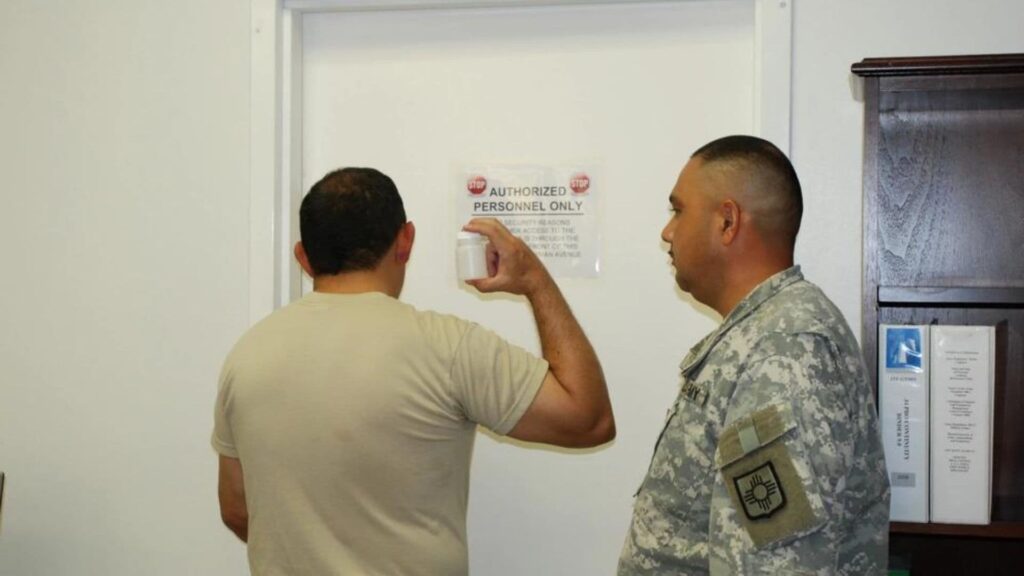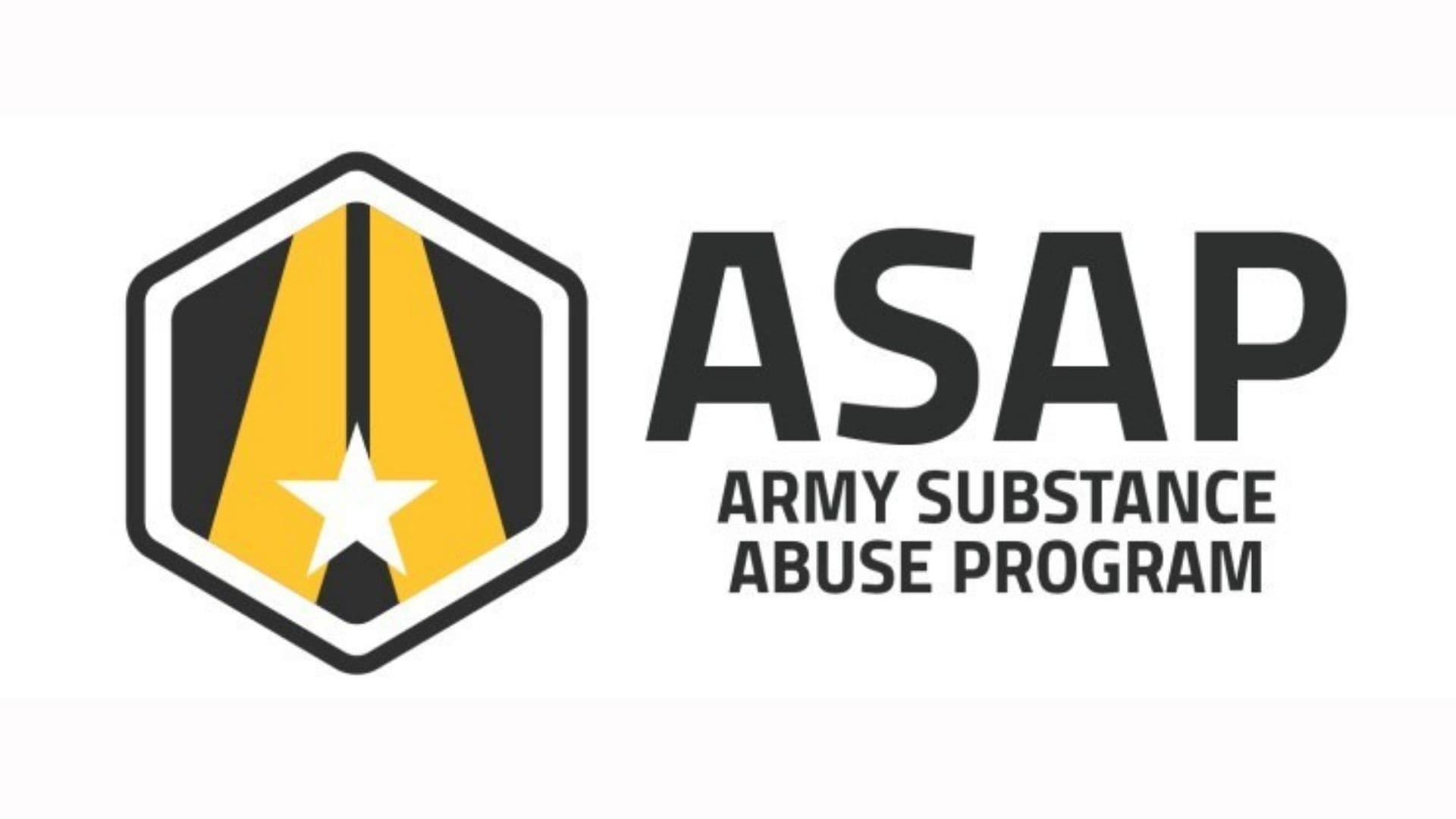Alcohol and drug abuse can seriously detract from a soldier’s ability to accomplish his or her duties. ASAP’s two overarching goals are prevention and treatment. But the military program is in such disarray that thousands are turned away, counselors are ordered to shovel snow and clean toilets, and at least two suicides have been linked to substandard care, according to quality-review reports.
The Army Substance Abuse Program is a set of measures put in place to ensure soldiers can perform their jobs without being distracted by drugs or alcohol. It also helps soldiers get help if they have an addiction. These measures aren’t meant to discriminate against anyone but to ensure that the military is safe for all people.
Urine testing is a major part of this program. It’s designed to help the military identify drug and alcohol abuse quickly so they can get help before it’s too late. The military also uses this program to educate soldiers about the dangers of drugs and alcohol. This includes teaching them about its impact on their performance and health.
It also encourages voluntary self-referral for ASAP assistance. Any Soldier whose performance, social conduct, or interpersonal relations become impaired by alcohol and/or drugs has a personal obligation to seek rehabilitation.
The military takes a strong stance against drinking before formation. Any alcohol that’s consumed before a unit forms can jeopardize the safety of members and could lead to disciplinary action. Unless the commander grants a special dispensation, it’s against policy for any member to consume alcohol before forming a unit. This can include drills, training, and other activities.
Purpose of the Army Substance Abuse Program
The main purpose of the Army Substance Abuse Program is to deter drug abuse by providing prevention education and referring Soldiers to treatment facilities. The program also works to promote a healthy lifestyle and encourage commanders to provide alcohol and drug-free leisure activities.
In order to prevent substance abuse, the Army has an aggressive and thorough biochemical testing program that requires all soldiers to submit a urine sample for testing. This test can detect various types of drugs, including cocaine, heroin, amphetamine, lysergic acid diethylamide (LSD), and marijuana. The Army also offers confidential counseling and treatment for those who need it.
The Army also has a system of referrals that allows Soldiers to find low-cost treatment options through community-based providers. The SAP team is proficient at assisting Soldiers with finding these resources and helping them enroll in the treatment program. The Army also provides a variety of screening tools and self-assessment methods to help prevent substance abuse in the first place.

Can You Get Kicked out of the Military for Drugs?
Failing a drug test can result in serious punishment, depending on the severity of the incident and the service member’s individual circumstances. Some service members can be discharged with dishonor, a condition that precludes them from reenlistment and access to certain military benefits.
A drug use disorder is a serious problem that needs to be treated. Understanding the warning signs can help you identify and address a substance use problem early on before it becomes an issue that may threaten your career or personal health.
The Army Substance Abuse Program (ASAP) provides evaluation and treatment services for military personnel who have alcohol or drug use problems. Soldiers can be referred to ASAP by their commander, an investigation, or through self-referral. A majority of soldiers referred to ASAP receive treatment for their condition.
The military has strict regulations regarding what substances are allowed on base and which ones are prohibited. Many prescription drugs are banned, including narcotic pain medications (e.g., oxycodone, hydrocodone) and antidepressants (e.g., Zoloft, Paxil). However, military-approved prescription drugs are permitted. If you or a loved one is struggling with a drug problem, seek medical attention and treatment immediately. Military families can also get assistance through TRICARE. For confidential support, call the Military Crisis Line at 988, press 1, or text 838255.
